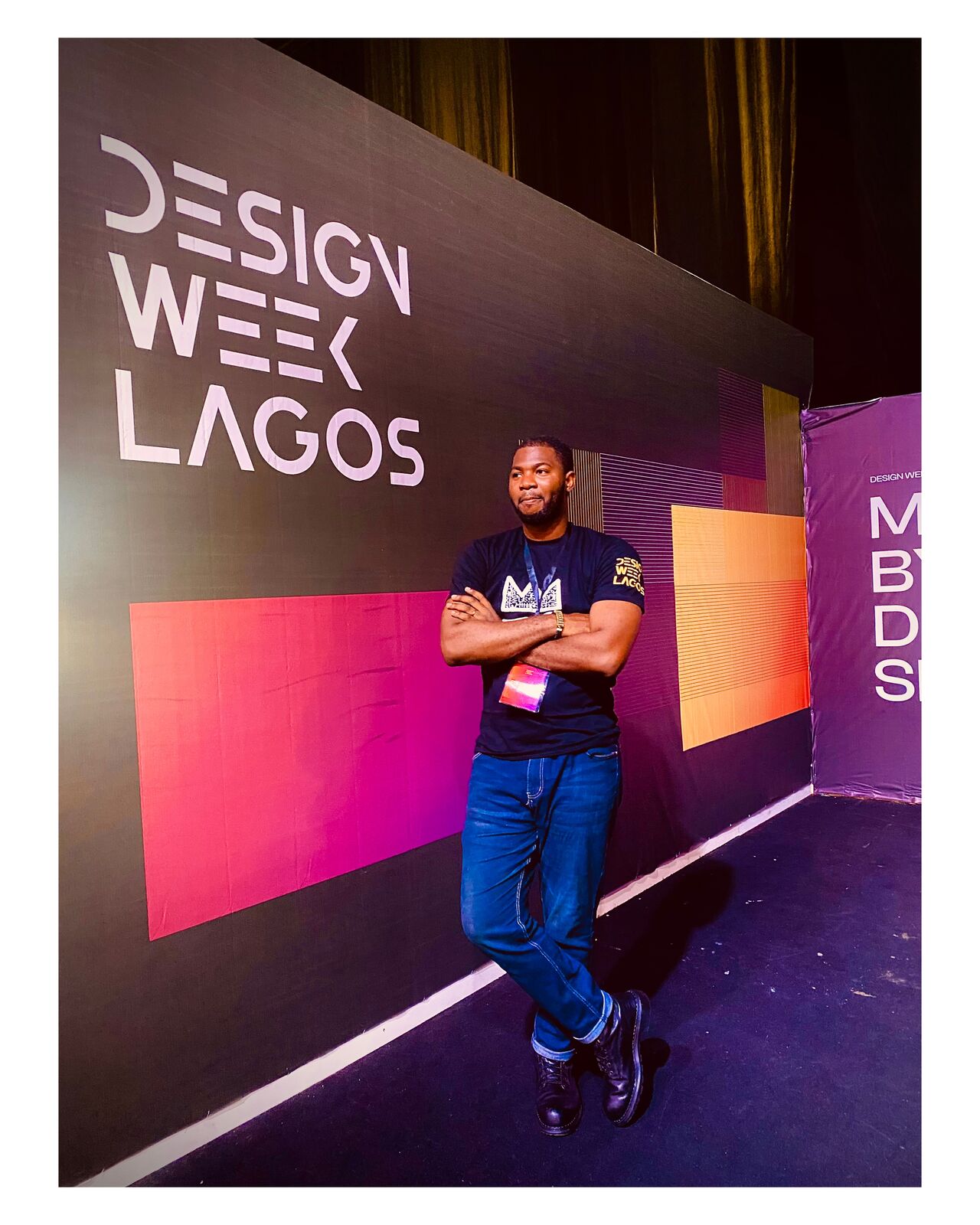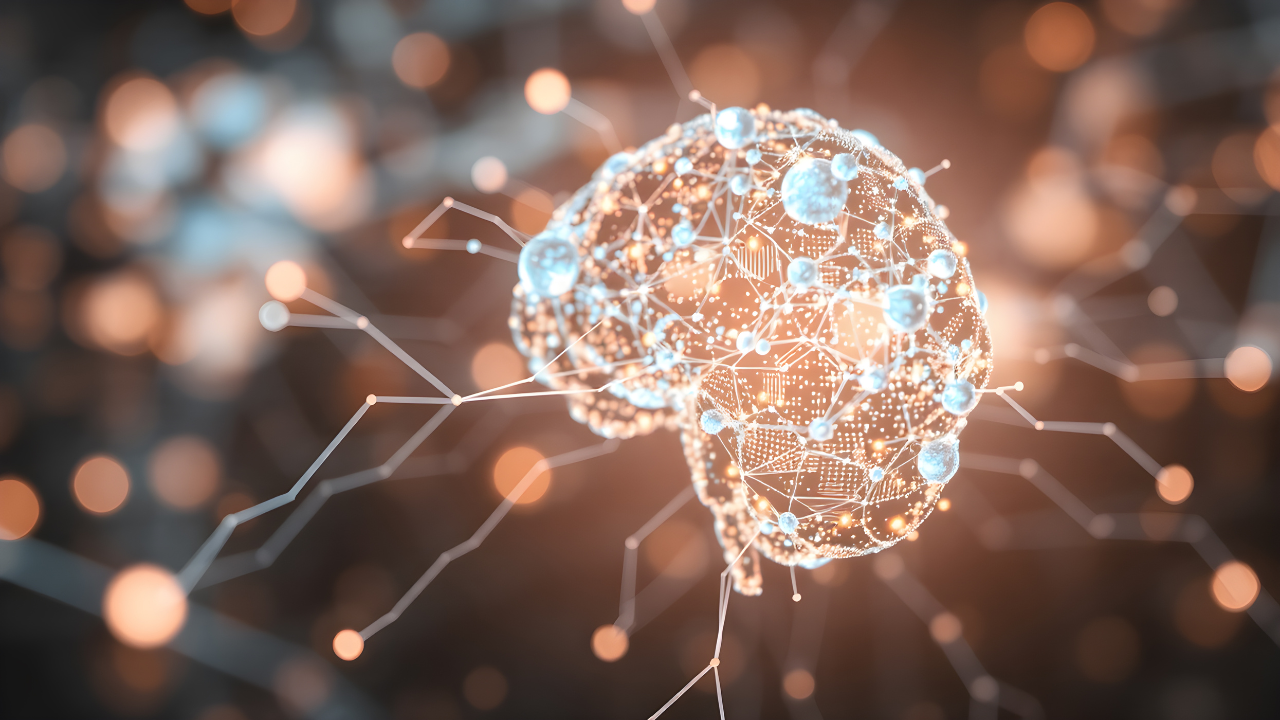
Designing the Future: Reflections from Design Week Lagos 2025
Design Week Lagos is more than an event; it’s a vibrant crossroads where creative minds gather to reimagine possibilities. This year, the talk Future Frameworks: Bridging Architecture, Design, and Economic Growth offered a profound space to question, explore, and challenge the norms shaping our world.
One of the most striking questions posed during the session was: Why is the norm the norm? This seemingly simple inquiry holds immense power. It challenges us to interrogate assumptions, to look beyond what feels familiar. As designers, we often pride ourselves on disruption—but this conversation served as a reminder that our role is not always to reinvent. Sometimes, it’s about revealing what already exists.
Communities, particularly in contexts like ours, are constantly innovating, solving problems, and adapting. From informal networks to grassroots solutions, these organic frameworks often hold the answers we seek. Yet, they are too often overlooked. In embracing these lived realities, designers shift from being “heroes” with ready-made solutions to allies who facilitate and amplify what is already working. This perspective—rooted in humility—reframes design as a collaborative act that honors and uplifts community-driven ingenuity.
Another theme that resonated deeply with me was biomimicry—the art of learning from nature’s systems. Nature thrives on resilience, adaptability, and interconnectedness. These principles, when applied to design, have transformative potential. Imagine using the adaptability of ecosystems or the resourcefulness of natural cycles as blueprints for leadership models, community-building, or even algorithmic design. Biomimicry invites us to think expansively, to craft solutions that evolve organically rather than remain rigid.
Equally compelling was the lens of anthropology in design. Human behaviour, culture, and social rituals are not just fascinating but essential guides for creating meaningful solutions. When design is rooted in empathy and cultural understanding, it becomes a tool for elevation rather than disruption. For me, working at the intersection of design, technology, and leadership, anthropology provides a crucial framework. It ensures that our solutions respect cultural contexts while still driving progress.
The session also touched on a critical but often underexplored area: design in policy-making. At first glance, policy and design might seem worlds apart. But at their core, both are about creating systems that work for people. Applying design thinking to policy-making infuses governance with creativity and inclusivity. It ensures that policies aren’t just directives but frameworks that empower participation and equity. In my work, this connection feels particularly urgent; the structures shaping communities are as crucial as the tools we design for them.
One of the most liberating takeaways for me was the call to let go of the idea of the “superstar designer.” We are not the sole architects of solutions, nor should we be. True impact often emerges not from leading but from facilitating. Our role is to create spaces where communities can uncover their own answers. This approach demands humility, patience, and a willingness to listen—qualities that are often overlooked in the rush to innovate.
Beyond the ideas, this session reminded me of the power of connection. It was a joy to reconnect with @mylesigwe, meet brilliant voices like @nowayzoway and @evennaji, and immerse myself in a community that values collaboration over competition.
As I continue my exploration of how design, leadership, and technology intersect to drive meaningful social change, these reflections will remain a compass. Design Week Lagos is a testament to the power of thoughtful dialogue, and I’m grateful for the inspiration it offers—not just to design better, but to see the world through a lens of possibility.
Author
Abraham Ologundudu
I am a designer and strategist working at the intersection of design, technology, and social change, where identity, leadership, and systems are shaped. I write to explore meaning, structure, and transformation, from personal leadership to societal systems.
Comment
Leave a Reply Cancel reply
This site uses Akismet to reduce spam. Learn how your comment data is processed.




Pingback: When Machines Touch the Soul of Work: AI, Creativity, and the Future of Human Value | Abraham Ologundudu